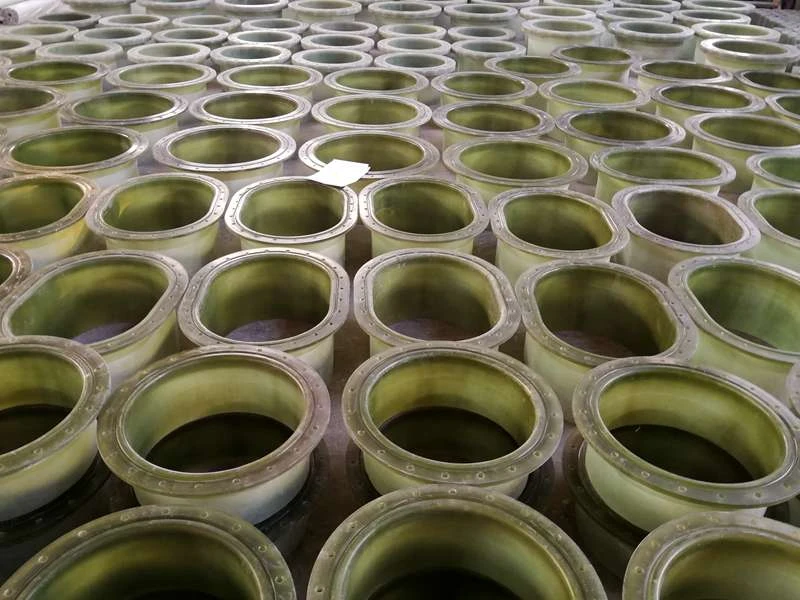
-
 Afrikaans
Afrikaans -
 Albanian
Albanian -
 Amharic
Amharic -
 Arabic
Arabic -
 Armenian
Armenian -
 Azerbaijani
Azerbaijani -
 Basque
Basque -
 Belarusian
Belarusian -
 Bengali
Bengali -
 Bosnian
Bosnian -
 Bulgarian
Bulgarian -
 Catalan
Catalan -
 Cebuano
Cebuano -
 China
China -
 China (Taiwan)
China (Taiwan) -
 Corsican
Corsican -
 Croatian
Croatian -
 Czech
Czech -
 Danish
Danish -
 Dutch
Dutch -
 English
English -
 Esperanto
Esperanto -
 Estonian
Estonian -
 Finnish
Finnish -
 French
French -
 Frisian
Frisian -
 Galician
Galician -
 Georgian
Georgian -
 German
German -
 Greek
Greek -
 Gujarati
Gujarati -
 Haitian Creole
Haitian Creole -
 hausa
hausa -
 hawaiian
hawaiian -
 Hebrew
Hebrew -
 Hindi
Hindi -
 Miao
Miao -
 Hungarian
Hungarian -
 Icelandic
Icelandic -
 igbo
igbo -
 Indonesian
Indonesian -
 irish
irish -
 Italian
Italian -
 Japanese
Japanese -
 Javanese
Javanese -
 Kannada
Kannada -
 kazakh
kazakh -
 Khmer
Khmer -
 Rwandese
Rwandese -
 Korean
Korean -
 Kurdish
Kurdish -
 Kyrgyz
Kyrgyz -
 Lao
Lao -
 Latin
Latin -
 Latvian
Latvian -
 Lithuanian
Lithuanian -
 Luxembourgish
Luxembourgish -
 Macedonian
Macedonian -
 Malgashi
Malgashi -
 Malay
Malay -
 Malayalam
Malayalam -
 Maltese
Maltese -
 Maori
Maori -
 Marathi
Marathi -
 Mongolian
Mongolian -
 Myanmar
Myanmar -
 Nepali
Nepali -
 Norwegian
Norwegian -
 Norwegian
Norwegian -
 Occitan
Occitan -
 Pashto
Pashto -
 Persian
Persian -
 Polish
Polish -
 Portuguese
Portuguese -
 Punjabi
Punjabi -
 Romanian
Romanian -
 Russian
Russian -
 Samoan
Samoan -
 Scottish Gaelic
Scottish Gaelic -
 Serbian
Serbian -
 Sesotho
Sesotho -
 Shona
Shona -
 Sindhi
Sindhi -
 Sinhala
Sinhala -
 Slovak
Slovak -
 Slovenian
Slovenian -
 Somali
Somali -
 Spanish
Spanish -
 Sundanese
Sundanese -
 Swahili
Swahili -
 Swedish
Swedish -
 Tagalog
Tagalog -
 Tajik
Tajik -
 Tamil
Tamil -
 Tatar
Tatar -
 Telugu
Telugu -
 Thai
Thai -
 Turkish
Turkish -
 Turkmen
Turkmen -
 Ukrainian
Ukrainian -
 Urdu
Urdu -
 Uighur
Uighur -
 Uzbek
Uzbek -
 Vietnamese
Vietnamese -
 Welsh
Welsh -
 Bantu
Bantu -
 Yiddish
Yiddish -
 Yoruba
Yoruba -
 Zulu
Zulu
fiberglass pipe
The Benefits and Applications of Fiberglass Pipes
Fiberglass pipes have emerged as a popular choice in various industries due to their remarkable properties and versatility. Composed of a polymer matrix reinforced with glass fibers, these pipes offer an array of advantages that make them ideal for a multitude of applications.
One of the most significant benefits of fiberglass pipes is their incredible strength-to-weight ratio. This characteristic allows for easier handling and installation compared to traditional materials like steel or concrete. The lightweight nature of fiberglass reduces transportation costs and the need for heavy machinery during installation, making projects more efficient.
Additionally, fiberglass pipes are highly resistant to corrosion. Unlike metal pipes that can rust and degrade when exposed to moisture or certain chemicals, fiberglass pipes maintain their integrity over time. This resistance to corrosion makes them particularly suitable for industries such as oil and gas, wastewater management, and chemical processing, where exposure to harsh substances is commonplace.
Moreover, fiberglass pipes are known for their durability and longevity. They can withstand a wide range of temperatures and pressures, making them suitable for both hot and cold fluid transport. The lifespan of fiberglass pipes often surpasses that of conventional materials, leading to lower maintenance costs and fewer replacements over the years.
fiberglass pipe

Another advantage of fiberglass pipes is their smooth inner surface. This feature reduces friction and allows for a more efficient flow of fluids, which can result in energy savings during operation. In applications such as irrigation systems or industrial piping, the efficiency gained from reduced friction can significantly lower operational costs.
Additionally, fiberglass piping systems can be designed to meet specific needs and are available in various shapes, sizes, and configurations. This customization allows for a perfect fit within existing infrastructure, making upgrades and replacements easier without extensive alterations to the surrounding systems.
Finally, the environmental impact of fiberglass pipes is favorable. Their long lifespan and resistance to degradation contribute to a more sustainable approach in construction and infrastructure development.
In conclusion, fiberglass pipes represent a forward-thinking solution for modern piping challenges. Their strength, corrosion resistance, durability, efficiency, and versatility make them an ideal choice across a diverse range of industries. As technology progresses and industries seek more sustainable and efficient options, fiberglass piping systems will likely play a pivotal role in shaping the future of infrastructure.
Latest news
-
Exploring the Benefits of Top Hammer Drifter Rods for Enhanced Drilling PerformanceNewsJun.10,2025
-
High-Precision Fiberglass Winding Machine for GRP/FRP Pipe Production – Reliable & Efficient SolutionsNewsJun.10,2025
-
FRP Pipes & Fittings for Shipbuilding - Corrosion-Resistant & LightweightNewsJun.09,2025
-
Premium FRP Flooring Solutions Durable & Slip-ResistantNewsJun.09,2025
-
Premium Fiberglass Rectangular Tanks Durable & Lightweight SolutionNewsJun.09,2025
-
Tapered Drill String Design Guide Durable Performance & UsesNewsJun.09,2025









